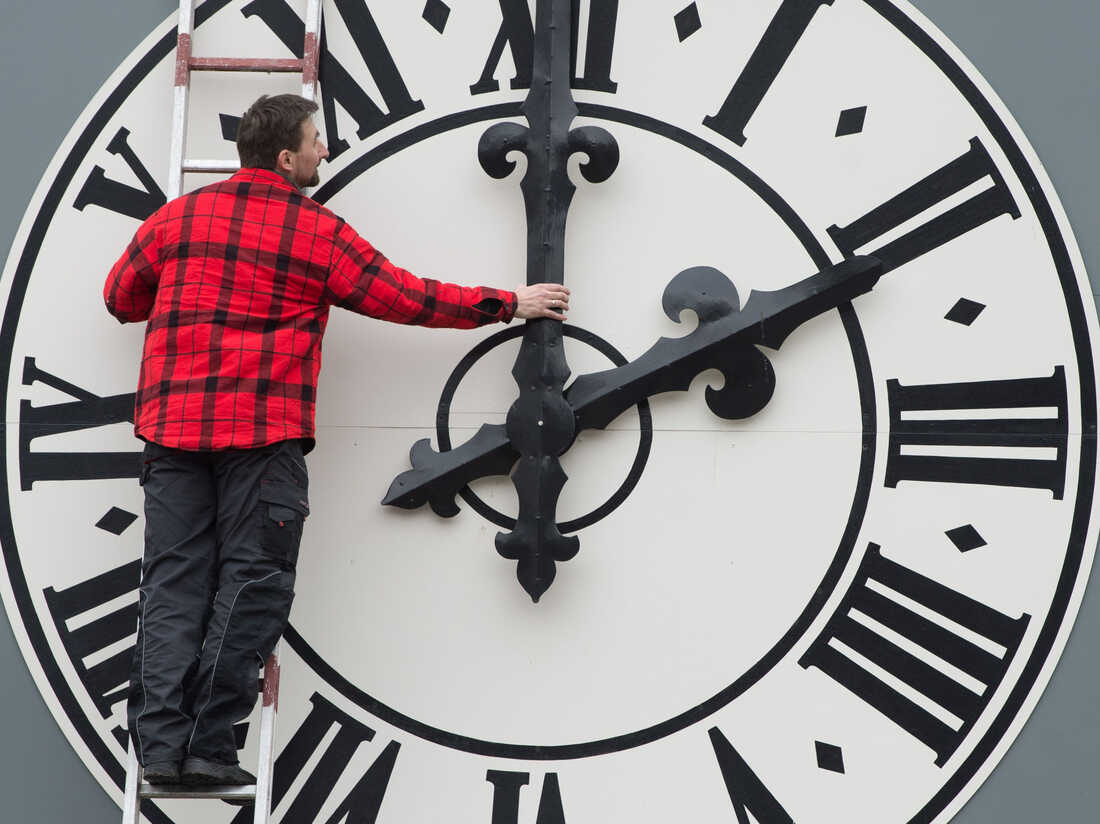FBI: 'I am not okay' off-duty Alaska pilot said before trying to turn off jet engines
By Russell Lewis|Joel Rose
An Alaska Airlines plane, like this one operated by Horizon Air, had to divert to Portland, Ore. on Sunday after an off-duty pilot tried to turn off the engines in flight. Ted S. Warren/AP hide caption
toggle caption Ted S. Warren/APAn Alaska Airlines plane, like this one operated by Horizon Air, had to divert to Portland, Ore. on Sunday after an off-duty pilot tried to turn off the engines in flight.
Ted S. Warren/APAn off-duty Alaska Airlines pilot now faces federal charges for to Portland, Ore. after he allegedly .
The flight, operated by Horizon Airlines, had taken off from Everett, Wash. around 5 pm Sunday evening and was headed to San Francisco. The Embraer 175 jet had more than 80 passengers and crew on board.
The off-duty pilot, Joseph David Emerson, was traveling in the flight deck jump seat sitting behind the pilot and first officer. According to , the crew said Emerson gave "zero indication of anything wrong" during the initial stages of the flight.
That's when the pilots say Emerson grabbed the two red engine shutoff handles. The affidavit says the pilot grabbed Emerson's wrist and they "physically engaged" for an estimated 25-30 seconds and then Emerson "quickly settled down."
The pilot asked Emerson to leave the cockpit and he then walked to the back of the airplane. Emerson allegedly told a flight attendant, "You need to cuff me right now or it's going to be bad." The attendant cuffed his wrists and during the descent into Portland, according to the FBI, he "turned towards an emergency exit door and tried to grab the handle."
In an interview with an FBI agent, another flight attendant said she heard Emerson say "I messed everything up" and that "he tried to kill everybody."
During an interrogation, Emerson told the FBI that he had a "nervous breakdown" and had not slept in 40 hours. He said he'd felt dehydrated and tired. He told the agent that he pulled both emergency shut off handles because "I thought I was dreaming and I just wanna wake up."
The stigma around seeking mental health care has diminished over time, Tajer says, but it has not gone away completely.
Federal regulators are clearly aware of the issue. The leaders of the Federal Aviation Administration have urged pilots to come forward and get treatment if they need it, saying they will not automatically lose their medical clearance to fly as a result.
"Even if you need to take medication to stay well, you may be able to get a special issuance from my office," says Susan Northrup, who oversees the pilot medical certification process at the FAA, posted on the agency's web site.
, including reckless endangerment and endangering an aircraft. Emerson made a brief court appearance in Portland Tuesday afternoon and his attorney entered a not guilty plea to the state charges.


